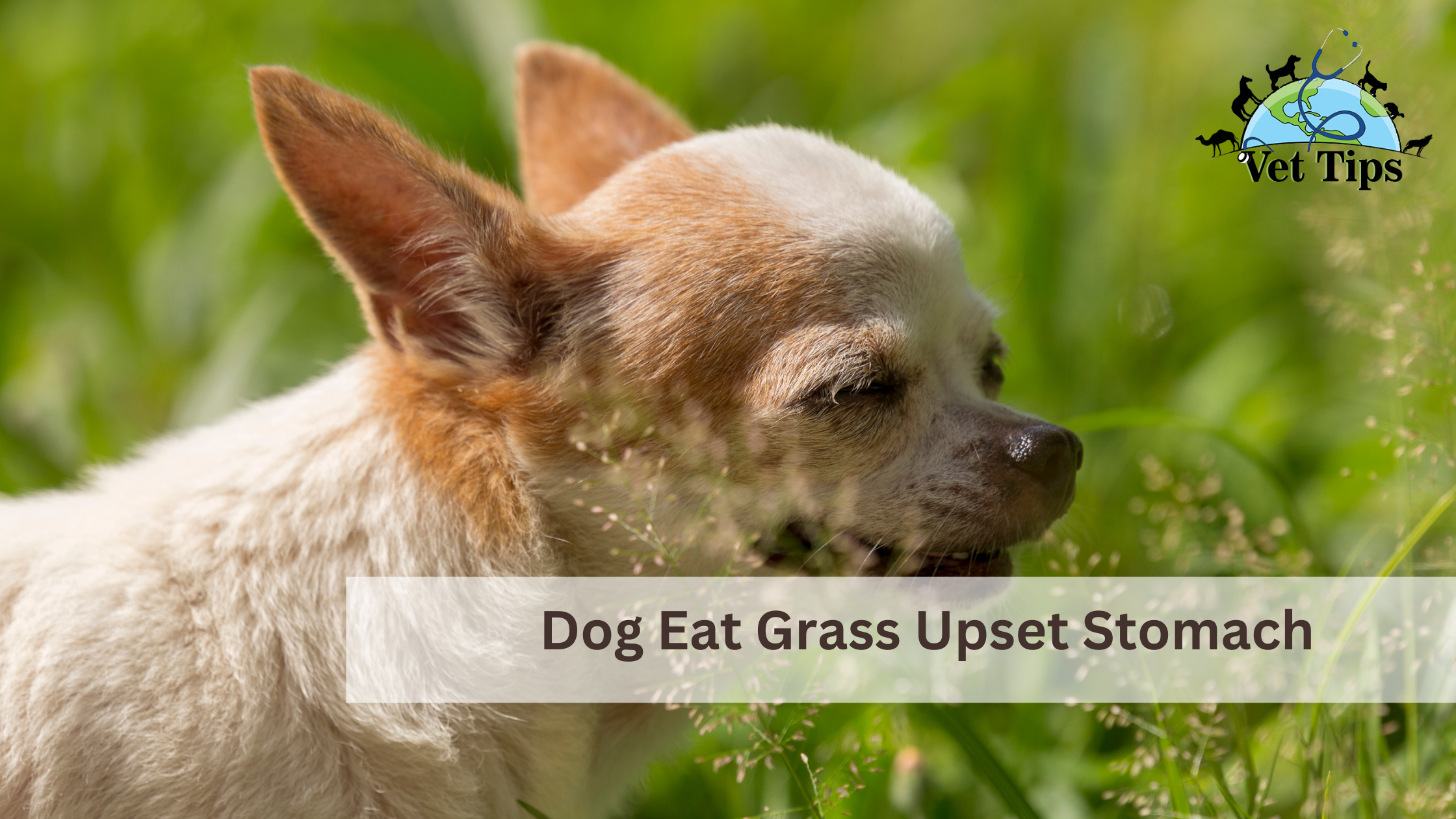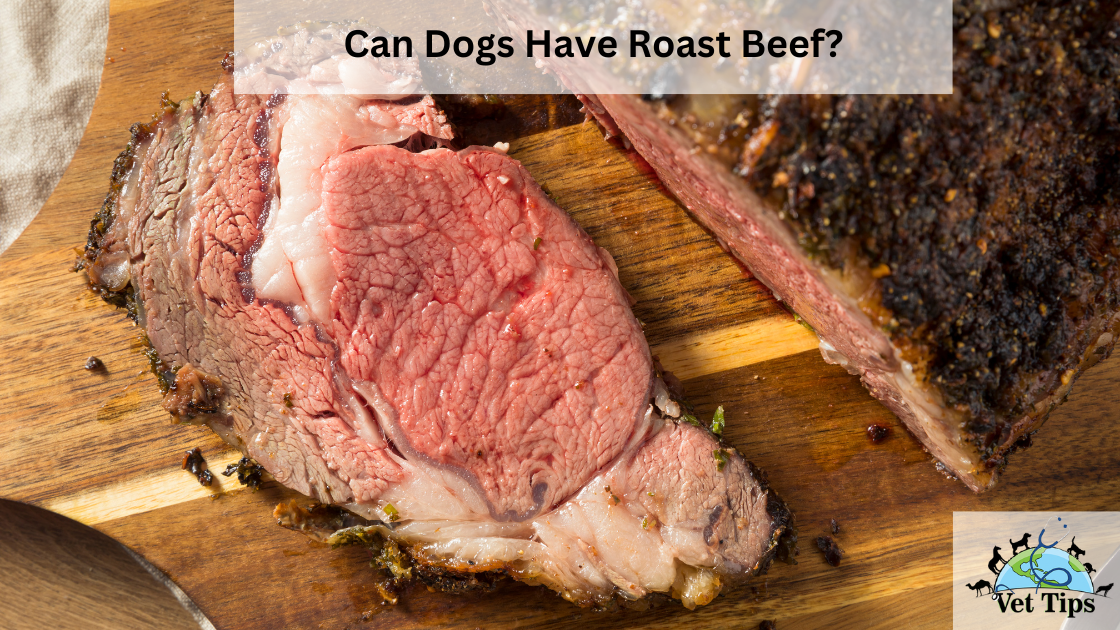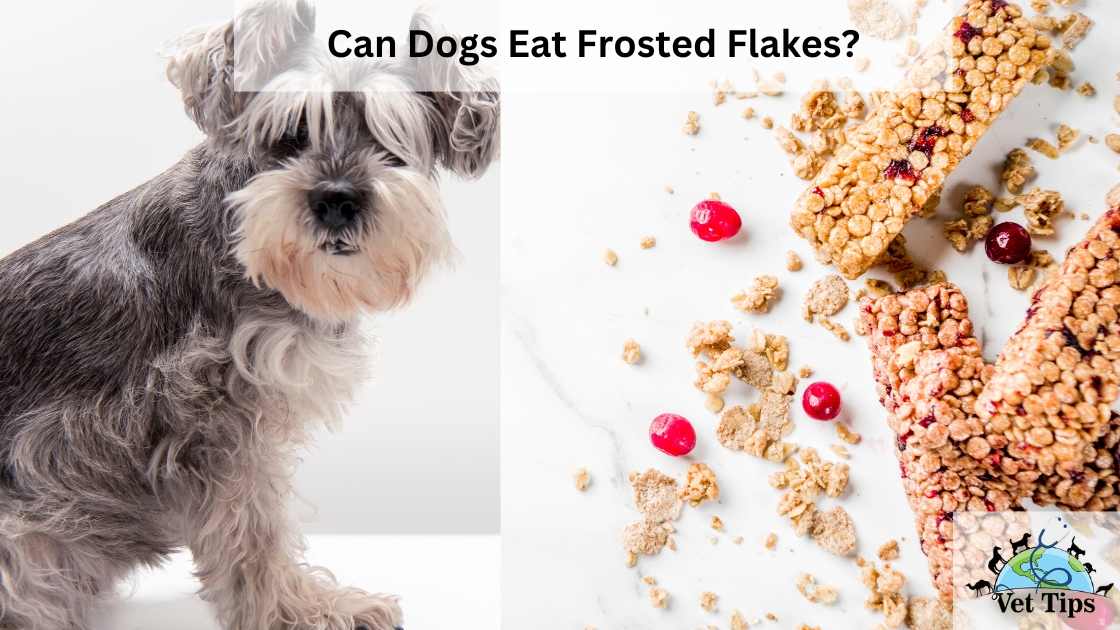“Dog Eat Grass Upset Stomach” is the most common question asked by new dog enthusiasts. So, let us discuss everything about it.
Have you ever pondered the question of why it seems like all of a sudden your dog wants grass? The motivations behind our four-legged companions’ habit of chewing on grass blades aren’t always easy to decipher, but it’s not unusual to watch them do it. Let’s investigate the many hypotheses that might explain why dogs consume grass, especially while they’re experiencing gastrointestinal distress.
Why Is My Dog Eating Grass?
In spite of what you may believe, it is quite unlikely that your dog is chewing grass on purpose in order to irritate you. In point of fact, if you notice that your dog is munching on grass on a frequent basis, it is more likely an indication of one of these problems.
Needs Chlorophyll
Chlorophyll, the pigment that gives plants their green color, is thought to be something that dogs unconsciously seek for, which might explain why they consume grass. The grass is a natural supply of the necessary chemical chlorophyll, and when dogs sense the need for a nutritional boost, they may resort to grass as a source of this critical molecule. Chlorophyll plays an important part in oxygenation and digestion.
Needs Fiber
The grass is rich in fiber, which is well recognized for its ability to facilitate digestion and maintain regular bowel motions. If the food that you feed your dog does not contain an adequate amount of fiber, they may be compelled to eat grass in order to meet the demands that their bodies have for fiber. If they have periodic constipation or other gastrointestinal disorders, they are more prone to exhibit this behavior.
Boredom or Anxiety
Dogs, like people, are prone to feelings of boredom and anxiety. Your dog may turn to chewing on the grass to cope with their anxious feelings if they are not obtaining sufficient mental stimulation or already experiencing anxiety.
Instinct
Dogs can trace their lineage all the way back to the ancestors of wild canines. Grass is an essential component of the natural diet of wolves and other canids when they are living in the wild. Even though domesticated dogs do not need grass for their nutrition anymore, the instinctual behaviour of eating grass may still be present in some individuals. It’s possible that eating grass is a throwback to the way their predecessors hunted and gathered food.
Antacid
When they have an upset stomach, some dogs will deliberately eat grass in order to make themselves throw up. The grass acts as an irritation to their digestive tract, which causes them to regurgitate as a normal response to the irritant. It is common for dogs to exhibit this behaviour when they are feeling nauseous or after they have consumed something that does not agree with their stomach.
Tasty Treat
You won’t believe it, but there are several dog breeds who actually prefer the flavour and the feel of grass. Chewing on blades of grass can be an experience comparable to that of savouring a delectable snack for them. This is especially likely to be the case if they find some varieties of grass to be more alluring than others.
Effects of eating grass on your dog
Consuming grass is generally considered a safe activity for dogs to engage in. They might throw up soon after consuming grass, which is beneficial because it helps settle an upset stomach. If, on the other hand, your dog consumes grass on a regular basis and also demonstrates other concerning symptoms, such as diarrhoea, vomiting that is not related to consumption of grass, lethargy, or loss of appetite, it is imperative that you consult with your veterinarian as soon as possible. These symptoms could point to a more serious underlying health problem that needs immediate medical intervention.
How to Stop Your Dog From Eating Grass
Distraction and redirection: If you see your dog moving towards the grass, you may divert their focus away from eating the grass by engaging them in a game or distracting them with a toy. Encourage them to engage in constructive activities, and reward them when they choose to play instead of doing chores.
Boredom is a factor in grass-eating, so make sure your dog gets plenty of exercise and mental stimulation. Boredom is a factor in grass eating, so make sure your dog gets plenty of exercise and mental stimulation. Provide them with interactive toys, puzzle games, and regular walks or play sessions to keep them engaged and entertained.
Ensure a balanced diet
Ensure your dog is receiving a well-balanced meal that fits their nutritional needs. Talk to your dog’s vet to find out what kind of food is ideal for meeting the requirements that are unique to your dog. A balanced diet can reduce the likelihood of nutrient deficiencies that may lead to grass eating.
Monitor outdoor access
If you have a backyard, create a potty area for your dog and restrict their access to the rest of the grass. This can help reduce the likelihood that they will come into contact with potentially hazardous substances or toxic plants.
Address any underlying health problems
If your dog is eating grass and also showing other worrying signs, such as frequent vomiting or a change in hunger, you should have your dog checked out by a doctor. It may be necessary to address underlying health concerns, such as digestive issues or food sensitivities, in order to achieve optimal health.
Consult with a professional
If your dog’s grass chewing persists despite your efforts, consider obtaining help from a professional dog trainer or behaviorist. They are able to give tailored ideas and methods to assist in the modification of your dog’s behaviour.
FAQs about Dog Eat Grass Upset Stomach
Is it safe for my dog to eat grass?
Whether or whether it is safe for dogs to eat grass depends on a few different things.
Having said that, it is of the utmost importance to check that the grass your dog walks on is free of any potentially hazardous chemicals, pesticides, or toxic plants. In addition, if your dog eats grass and then exhibits any signs of illness or discomfort, you should make an appointment with your veterinarian as soon as possible so that they can provide an accurate diagnosis.
Is Eating Grass Bad for Dogs?
There are hazards that might be incurred as a result of this behaviour, despite the fact that eating grass may not in and of itself be detrimental. Dogs run the risk of unknowingly ingesting poisonous plants or substances that are present on the grass, which can lead to serious health problems. In addition, the blades of grass can be sharp, and if they are ingested incorrectly, they can cause damage to the throat or the digestive tract. Therefore, it is extremely important to monitor the grass-eating habits of your dog and to take appropriate safety measures to protect them.
Tell us in the comments, how you like our article “Dog Eat Grass Upset Stomach”
For similar posts like this, click here.
For the source file, click here.








